What is Spinal Fixation Surgery?
Spinal fixation is a surgical procedure that stabilises segments of the spine by using hardware like plates, screws and rods. Minimally invasive spinal fixation achieves the same outcome as conventional surgery using smaller incisions.
Types of Spinal Fixation
- Posterior Spinal Fixation is the most common type of spinal fusion, where the surgeon accesses the spine from the back (posterior) and places bone grafts and hardware to fuse the vertebrae together.
- Anterior Spinal Fixation is a procedure in which the surgeon accesses the spine from the front (anterior) and fuses the vertebrae together using bone grafts and hardware.
- Transforaminal Lumbar Interbody Fusion (TLIF) is a type of spinal fusion performed to treat back and leg pain caused by degenerative disc disease. It involves removing a disc from between two vertebrae and fusing the vertebrae together.
- Lateral Lumbar Interbody Fusion (LLIF) is a minimally invasive procedure where the surgeon accesses the spine from the side (lateral) to remove a disc and fuse the vertebrae together.
- Percutaneous Pedicle Screw Fixation is a minimally invasive technique where screws are placed into the pedicles of the vertebrae to stabilize the spine.
- Cervical Spinal Fusion procedure is used to fuse the vertebrae in the neck (cervical spine) together to treat conditions like herniated discs, spinal stenosis, and fractures.
- Artificial Disc Replacement is a procedure where a damaged disc in the spine is replaced with an artificial one, preserving spinal motion instead of fusing the vertebrae together.
- Sacral spinal fixation is a surgical intervention aimed at stabilizing the sacrum, the triangular bone at the spine’s base connected to the pelvis. This procedure is frequently employed to address sacral instability or fractures caused by severe trauma or certain medical conditions.
| Procedure Name | Spinal fixation |
|---|---|
| Type of Surgery | Major |
| Type of Anesthesia | General Anesthesia |
| Procedure Duration | 1hr -1.30 hours |
| Recovery Duration | 5-7days |
Spinal fixation: Pre-Op & Post-Op Care
Steps Involved in Spinal Fixation Surgery
In spinal fixation, the patient is positioned and given anesthesia. A small incision is made to access the spine, and muscles are moved aside to expose the vertebrae that need to be fused. A bone graft, sourced either from the patient’s own body (autograft) or from a donor (allograft), is inserted between the vertebrae to facilitate fusion. Metal hardware may also be employed to secure the vertebrae together. Following fusion, the incision is carefully closed.
Recovery from Spinal Fixation Surgery
After surgery, pain and discomfort may improve immediately or gradually over a few weeks. You can typically resume normal activities about 6 weeks after leaving the hospital.
Benefits of Spinal fixation at Yashoda Hospitals
- Comprehensive Evaluation: Enable early detection and effective management of pain due to spine deformities
- Personalized Treatment Plans: Tailored for specific types of spinal diseases depending upon the extent and severity of the condition, based on the detailed insights obtained during your evaluation.
- Efficient and Timely Care: Ensure quick diagnosis and prompt initiation of appropriate treatment strategies for management of spinal deformities
- Continued Follow-Up: Our dedicated medical team ensures optimal recovery and long-term health management.





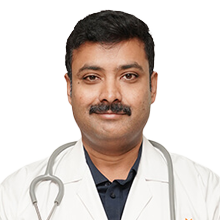


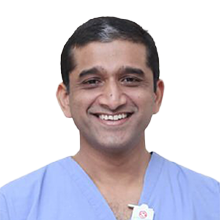
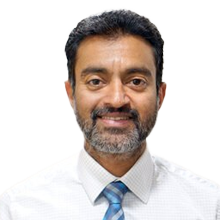
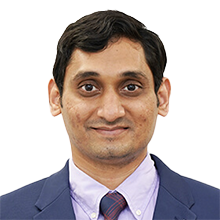














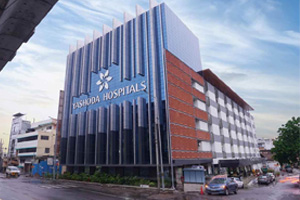
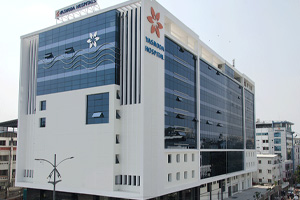
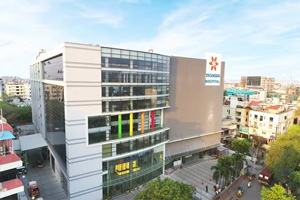
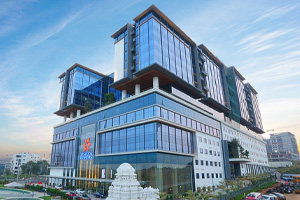
 Appointment
Appointment WhatsApp
WhatsApp Call
Call More
More